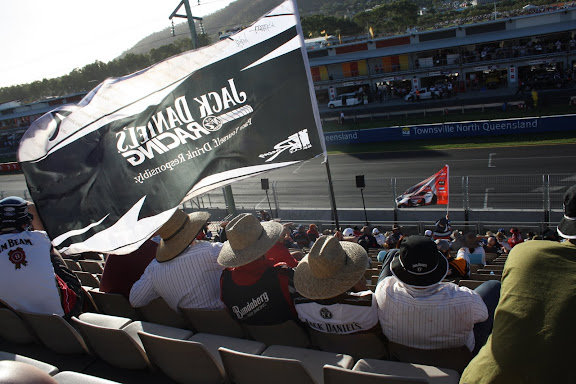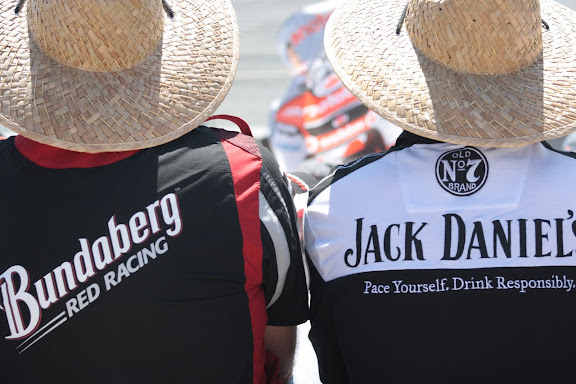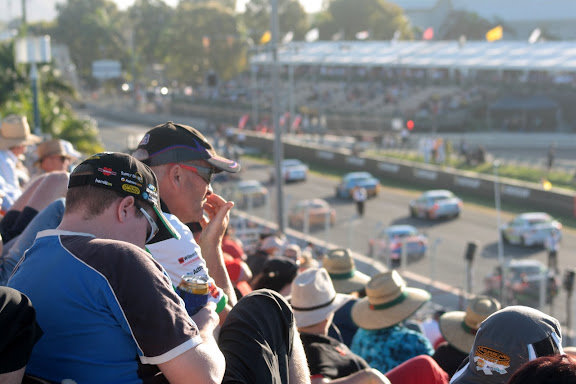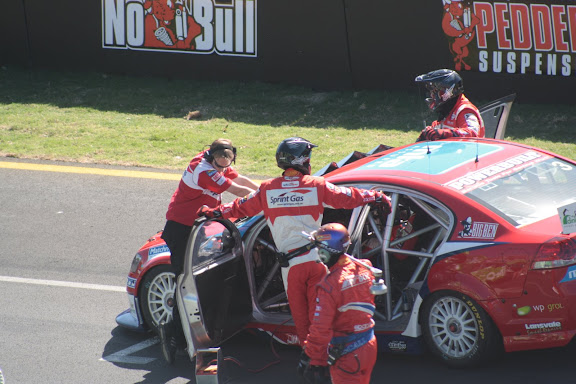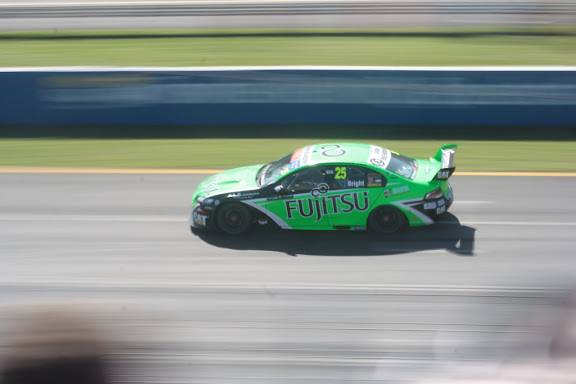I’ve had a number of conversations with Ministry Training Scheme apologists telling me that MTS is an essential. They do it lovingly and genuinely. And MTS is a terrific program for people thinking about vocational ministry. But I don’t think it’s for me. I think it’s probably for others. I don’t think of this as a double standard. I’m not sure when MTS became an essential. I’ve no doubt it’s helpful. I just doubt that it’s necessary.
MTS apologists have also, on occasion suggested the effectiveness of one’s ministry is tied to whether or not one undertook MTS. This is rubbish.
I don’t think setting up anything as a compulsory step in the path to ministry is right.
These apologists think my reasoning is weak. And it’s hard to argue with their reasoning without sounding arrogant (which I am, and which MTS would help) – but our minds are pretty made up. We’re already well underway with the college process. I’m not sure what these guys hoped to gain outside of unsettling us.
I would have gladly done MTS if I was still single and was asked 3 years ago. But I’m not, and I wasn’t. Well, not in any convincing way.
Here is my reasoning.
- Finances
Training for ministry is a significant financial sacrifice – four years living below the poverty line while potentially trying to start a family doesn’t sound like much fun – six years sounds crazy. I’m not completely driven by finances but I am a pragmatist.
- Time
I want to go to college because I want to be in full time ministry (and I want to be appropriately equipped for a lifetime of doing that). College is four years of not doing the job that I want to be doing – and not taking responsibility for a ministry.
I am headstrong, stubborn and confident (also known as arrogant) – I don’t want to spend two years as an apprentice before spending another four years essentially being an apprentice while at college. We feel a little bit like we’ve left the college decision a year late anyway – Robyn wants to study with me, and we want to fit a family in somewhere (God willing), and adding another two years to the schedule doesn’t work.
- Experience
This reason is twofold – one, our plan, prior to college – is to end up in parish ministry and I think the most important experience for parish ministry is in the workplace – not a couple of years of extra years of ministry training.
Two – MTS is great for giving people an experience of the lifestyle that comes with full time ministry – and the costs involved, as well as hands on responsibility for programs. I think I’ve done a fair bit of the latter – and I grew up in the former. I don’t know how much MTS could possibly teach me about life in ministry that I haven’t experienced directly or vicariously.
- Pragmatics
There are practicalities and external factors driving our decision to head to college (QTC) next year. The college is in its infancy (following significant strategic and cultural change), it needs students to keep this momentum, and I’d like to be part of that.
If we’re thinking about Townsville as a long term option (and it’s on the list) then I’d like to be in a position to be back here sooner rather than later.
- I have plenty of “mentors”
MTS National Director, Ben Pharlet, was in Townsville over the weekend – his MTS apologetic was that it’s a great chance to be spiritually “fathered” ala Paul and Timothy. He may have a point on this as a “mentoring” type role – and it has made me reconsider my ill conceived mentoring rant last week. I was probably wrong there.
But I don’t feel like this is a massive gap in my ministry armour – I’ve benefited greatly from close relationships with people in Ministry in various roles with AFES and church. I know what Christ centred gospel focused ministry looks like. I know what it costs. I know people can be draining and hard.
From what I’ve observed in the ministry of people I know it’s brotherhood that sustains ministry in the long term. And my peers are going through college (or finishing MTS) now – or will be in the near future. I have no doubt I could find new peers later on – but why put in the relational hard yards when I’ve got a ready made group of friends already in the throes of ministry training.
While I love and appreciate many people who have MTS’d in the past – and think it did them (and would do me) the world of good – I just don’t think
that two years of training prior to training will have a massive effect in the long term. Having spoken to many MTS graduates I’m sure it’s a good thing – I just don’t think it’s a necessary thing. Your thoughts (especially you Izaac)?




